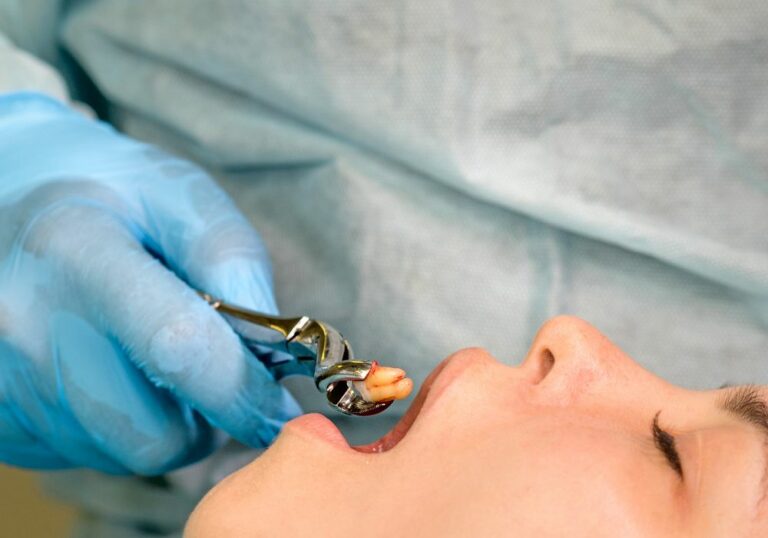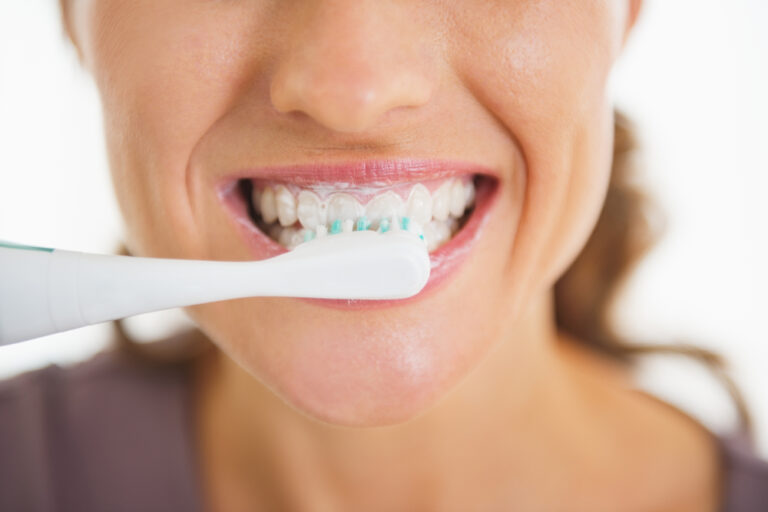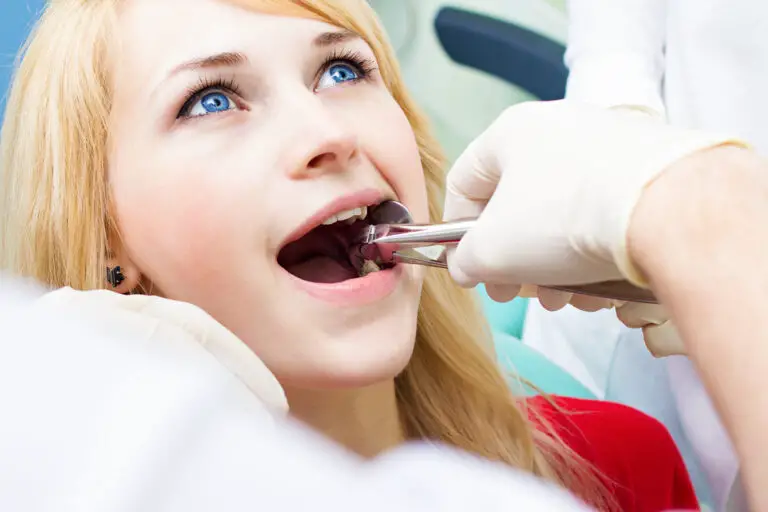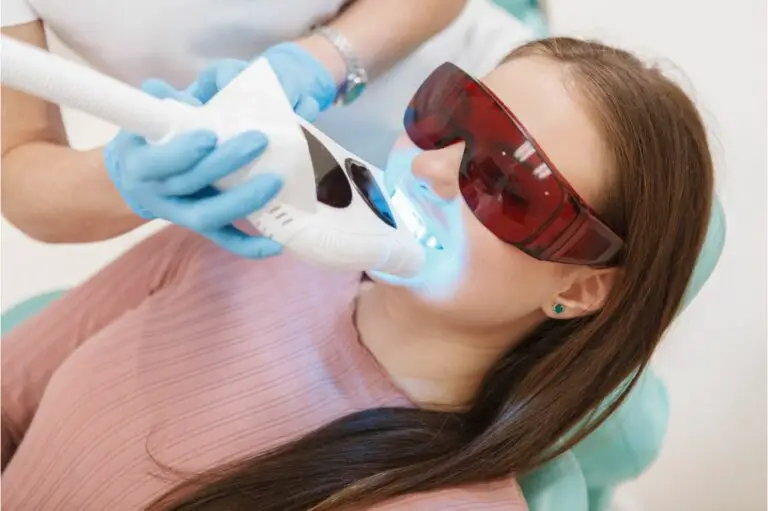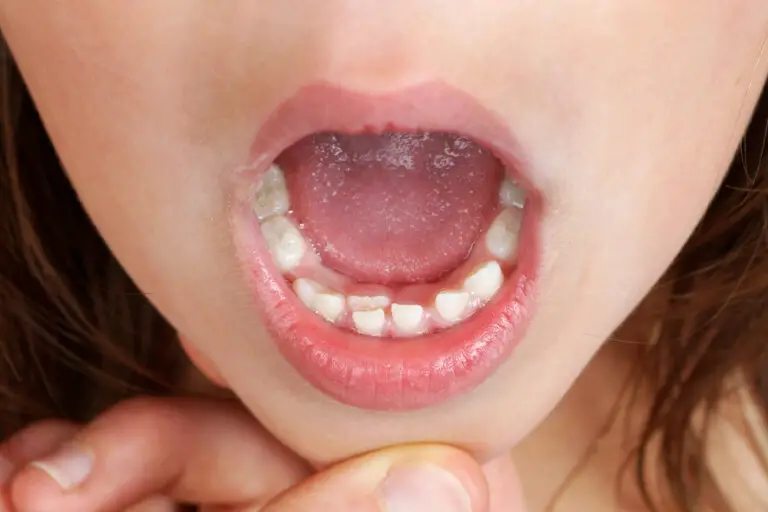Tooth sensitivity or pain often manifests as an unpleasant pressure sensation in the teeth and jaw. This pressurized feeling may come and go or persist for extended periods. Left unchecked, ongoing pressure takes a major toll on dental health and quality of life. Understanding where the discomfort is arising from and taking well-timed actions provides the best chances for resolution.
What causes pressure in the teeth?
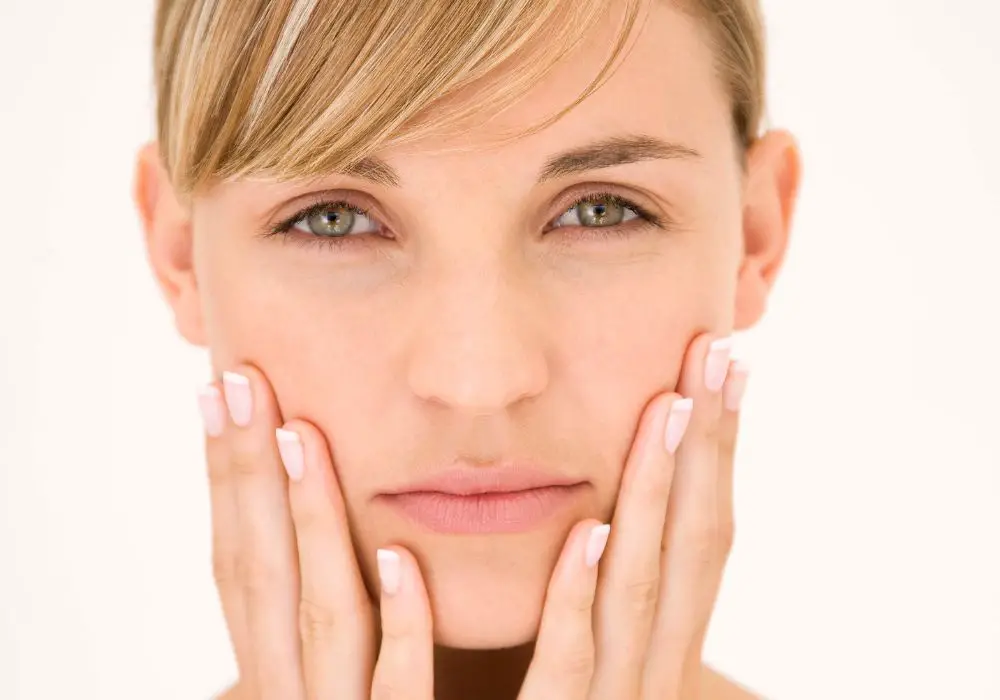
Pressure in the teeth can originate from a variety of sources. Understanding the underlying causes is key to finding the appropriate solutions. Some common reasons for pressurized teeth include:
Bruxism
Teeth grinding or clenching places immense forces on the teeth and supporting structures. This excessive pressure occurs mostly during sleep as a subconscious habit, known as sleep bruxism. People may also grind or clench as a daytime habit when feeling stressed or anxious. Bruxism can lead to symptoms like:
- Pain or soreness in the jaw muscles and facial areas.
- Tooth sensitivity and pain upon waking.
- Headaches around the temples.
- Damage to tooth enamel and dentin layers.
- Increased tooth wear down to the gums.
The powerful grinding forces are transferred from the jaw muscles directly to the teeth. This frequently causes pain that feels like intense pressure in the teeth.
Impacted wisdom teeth
The third molars, or wisdom teeth, emerge in late adolescence or early adulthood. When these teeth become stuck and unable to fully erupt, they are considered impacted. Reasons for impaction include lack of space or obstruction by other teeth.
Impacted wisdom teeth can put pressure on adjacent teeth as they try to force their way out. The partially exposed tooth may also allow bacteria to become trapped and infect the area. This leads to symptoms like:
- Throbbing, constant toothache and pressure sensation.
- Jaw, gum, and cheek swelling.
- Difficulty opening the mouth.
- Bad breath.
- Fever and chills if infection develops.
Partially impacted wisdom teeth commonly cause referred pain that feels like extreme pressure in the neighboring molars or premolars.
Periodontal disease
Chronic gum infections like gingivitis and periodontitis cause inflammation affecting the gums, bone, and ligaments around teeth. As the tissues become inflamed, pressure steadily builds up around the base of the teeth. Signs include:
- Bleeding and sore gums.
- Bad breath.
- Teeth feeling loose in their sockets.
- Shifting or changed alignment of teeth.
- Pus discharge around gums.
- Persistent tooth pressure and throbbing pain.
In advanced cases, the inflamed gum tissue can severely erode the underlying jawbone. This further increases pressure and friction against the tooth roots.
Tooth abscess
A pocket of pus forming at the root of a tooth signifies an abscess. This often stems from severe tooth decay, trauma to the tooth, or failed root canal treatment. Abscesses lead to excruciating pressure as pus builds up in the confined space of the tooth socket and roots. Symptoms include:
- Intense toothache with a pounding, pulsing sensation.
- Jaw and facial swelling.
- Fever, nausea, and generally feeling unwell.
- Bad taste or foul odor from the infected tooth.
- Sensitivity to hot and cold.
The increaed fluid pressure from the trapped pus inside an abscess can feel like your tooth may explode. This warrants emergency dental care.
Recent dental procedures
It’s common to have some lingering pressure, soreness, or sensitivity in a tooth after procedures like fillings, crowns, extractions, or root canals. This normally dissipates within a few days as inflammation resolves. However, if pressure persists more than 3-4 days, contact your dentist as there may be an issue like:
- Defective dental work needing adjustment or replacement.
- Irritation of the nerve inside the tooth.
- Infection setting in.
Catching problems early prevents more involved tooth corrections later on.
Orthodontic appliances
Braces, aligners, retainers, and other orthodontic appliances create controlled pressure on the teeth in order to shift them into proper alignment. It’s normal to feel some pressure from these devices as the teeth move. However, too much unbalanced force can damage teeth. See your orthodontist immediately if appliances cause:
- Consistent, localized pain in one tooth.
- Loosening of a tooth.
- Sensitivity to hot or cold.
- Cracks or cuts in the lips or gums.
These may indicate excess pressure on a tooth that needs to be corrected.
Trauma to the teeth
Injuries that cause teeth to crack, chip, fracture, or become knocked out result in serious pressure damage. Blows to the mouth can also dislocate the temporomandibular joints. This may lead to a poor bite and chewing imbalances that put strain on teeth. Seek emergency dental trauma care right away.
In summary, the most prevalent causes of pressurized teeth include bruxism, impacted wisdom teeth, gum disease, dental abscesses, recent dental work, orthodontic treatment, and trauma. Understanding where the discomfort originates will point you toward the appropriate remedies.
Risk factors for developing pressure in teeth
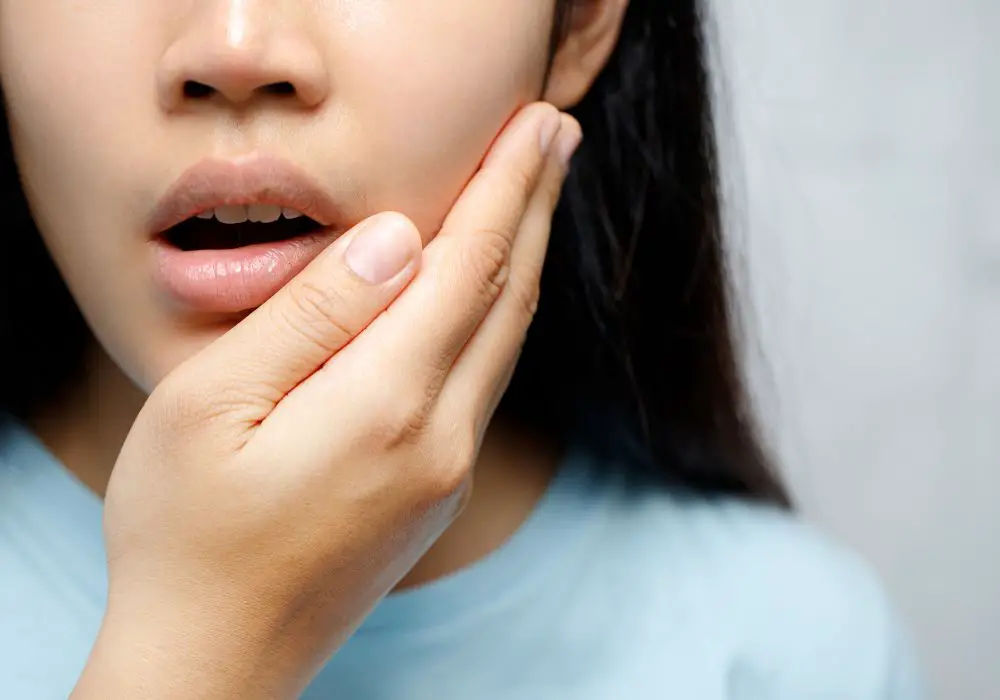
Certain individuals have a higher likelihood of experiencing painful pressure in their teeth. Risk factors include:
Age
Problems like wisdom teeth impaction and wear from bruxism primarily affect adolescents and young adults. Gum disease risk increases steadily with age. Older dentition succumbs more easily to teeth grinding damage and dental disease.
Gender
Data shows that bruxism affecting the teeth is more common in females than males. Periodontal disease is also more prevalent among women, especially in the 50+ age group.
Genetics
Some people may inherit thinner tooth enamel or crowded, misaligned jaw anatomy. This predisposes them to teeth grinding issues, uneven wear, and malocclusion problems leading to pressurized teeth.
Clenching and grinding habits
Clenching the jaw applies around 40-80 pounds of pressure on teeth. Grinding doubles that force. Doing either habitually can crack enamel and require bite adjustments.
Misaligned bite
A poor fit between the upper and lower teeth causes strain during chewing. This malocclusion diverts excessive pressure to some areas instead of evenly distributing forces.
Gum disease
Gingivitis and periodontitis cause chronic inflammation that strains the ligaments around teeth. The tissues put pressure on teeth to shift them loose.
TMJ disorders
Jaw issues like temporomandibular joint dysfunction or dislocation impair proper bite alignment. The imbalanced chewing forces burden certain teeth.
Stress and anxiety
Mental distress aggravates bruxism, teeth clenching, and muscle tension that get transferred to the teeth. Pressure provides momentary relief.
Previous dental work
Defective or ill-fitting dental fillings, crowns, and appliances contribute to teeth sensitivity and uneven biting forces.
Mouth injuries
Trauma from sports, accidents, or abuse fractures teeth, dislocates the jaw, and damages periodontal tissues. This leads to lasting complications.
Recognizing these risk factors allows you to take preventive steps to minimize pressurized teeth complications. Routine dental cleanings, wearing a nightguard, and managing stress help greatly.
How to relieve pressure in teeth at home
Before assuming that pressurized teeth require major treatment, try these self-care measures first to find relief:
Take over-the-counter pain medication
Anti-inflammatory drugs like ibuprofen, naproxen, and aspirin constrict blood vessels and reduce inflammatory chemicals that stimulate pain nerves. This diminishes pressure sensation.
Apply cold compresses
A cold pack, ice wrapped in cloth, or even a bag of frozen vegetables held to the affected cheek can numb pressure from inflamed nerves. Do this for 10-20 minutes every couple hours when symptomatic.
Rinse with warm salt water
The salt draws out fluid buildup from tissues and keeps the area clean. Dissolve 1/2 teaspoon salt in a cup of warm water and rinse for 1-2 minutes twice daily.
Limit chewing on that side
Avoid eating foods that require extensive chewing on the pressurized side. Soft foods are gentler. Chew equally on both sides to prevent strain.
Adjust your oral hygiene
Brush and floss very gently around tender, pressurized teeth. An antiseptic mouthwash keeps areas clean. Massage irritated gums.
Stop teeth grinding and clenching
Identify triggers for daytime habits. Reduce stress through yoga, meditation, therapy. A nightguard protects teeth from subconscious nocturnal bruxism.
Try topical dental analgesics
Benzocaine numbing gels and ointments provide contact pain relief for several hours. Follow packaging directions. Seek professional fitting for a hard acrylic nightguard if using these frequently.
See your dentist
Make an appointment for an exam and x-rays to identify causes like infections or bite issues. Early treatment of an underlying problem minimizes extensive damage.
With diligent at-home care, minor tooth pressure typically improves within a week or so. Call your dentist promptly if symptoms persist or seem to worsen.
Professional dental treatments for pressurized teeth
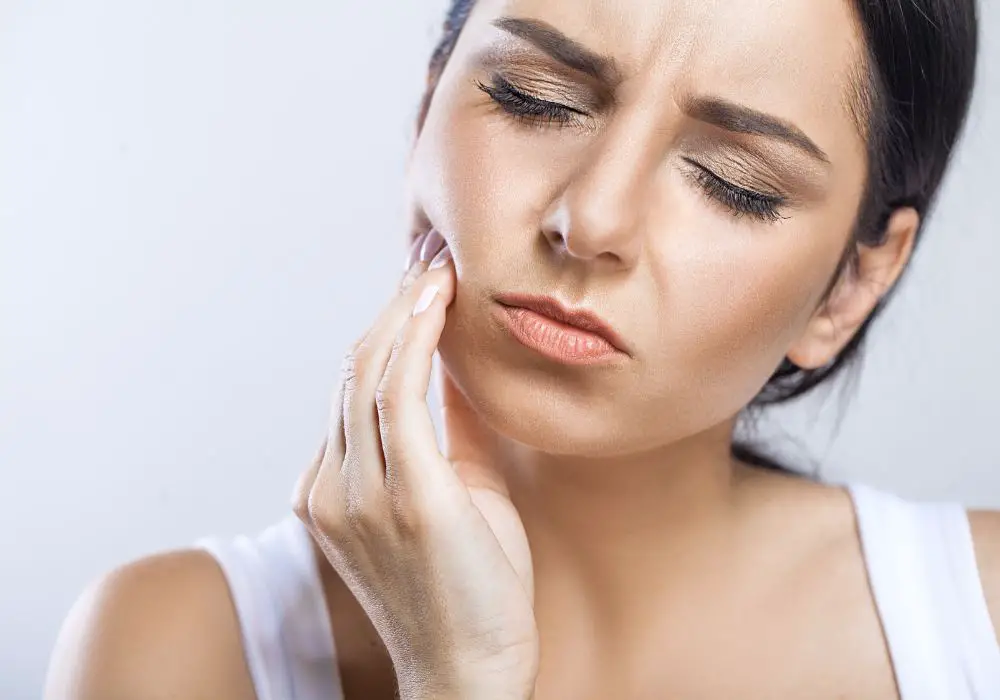
In cases where at-home remedies fail to provide relief from pressurized teeth, you will likely need intervention by a dentist. Some common professional treatments include:
Treating the source of infection
For abscesses or advanced periodontal disease, dentists drain infection and necrotic tissue. Antibiotics or antimicrobial rinses may be prescribed. Further gum surgery, tooth removal, or dental implants may be necessary.
Extracting problematic teeth
Wisdom teeth or broken/damaged teeth often need extraction to halt infection or crowding issues causing malocclusion and pressure.
Root canal therapy
This treatment disinfects the interior pulp of an infected tooth and seals it off. Removing the nerve and blood supply provides pressure relief.
Dental splint
Also termed a bite plate or occlusal guard, this device is custom-fitted to provide a protective barrier between the upper and lower teeth. It prevents damage from clenching and grinding and stabilizes the bite. Splints offer temporary relief of pressure.
Occlusal adjustment
Selectively reshaping the biting surfaces of teeth improves alignment. This balances contact points and distributes chewing forces evenly to stop excessive pressure.
Dental restorations
Dentists use metal or ceramic dental fillings and crowns to repair teeth and normalize chewing loads. Veneers or bonding recontour tooth shape.
Orthodontic treatment
Improperly positioned teeth get gently shifted into proper alignment using braces or clear aligners. This corrects bite imbalances causing strain and pressure points.
TMJ therapy
Treating disorders of the temporomandibular joint through bite splints, physical therapy, orthodontics, and other methods can help redistribute chewing pressure.
Nightguard
A custom acrylic nightguard prevents teeth grinding and clenching during sleep to protect teeth from pressure damage. These are often needed long-term for chronic bruxism.
Visiting a dentist allows identification of the exact cause of pressurized teeth using x-rays and an oral exam. Early treatment has the best outcome. Extensive damage from delayed help often requires teeth extractions. Work closely with your dentist on managing pressure-related dental issues.
When to seek emergency dental care
While many cases of pressurized teeth can wait for a regular dental visit, some situations require urgent attention. Seek emergency care immediately if you experience:
- Unbearable, throbbing toothache keeping you awake that medication cannot control
- Facial swelling concentrated around a specific tooth
- Bleeding from the gums around a pressurized tooth
- Bad breath or foul-smelling discharge from an affected tooth
- Severe sensitivity to hot or cold temperatures
- Visible chip, crack or break in a pressurized tooth
- Numbness or tingling of the face, gums, tongue, lips
- Inability to open your mouth fully
- Fever, chills, nausea, or feeling ill
- Pressurized tooth was knocked out or dislodged in an accident
These grave symptoms likely indicate a dental emergency needing immediate attention like an abscess, infection, or trauma. Swift professional treatment gives the best chance of saving an affected tooth and preventing further health risks.
With prompt help, serious outcomes like permanent tooth loss, jawbone damage, or dangerous spreading infection can usually be avoided. Do not delay seeking emergency assistance – the problem will keep worsening without intervention. Regular medication is not enough.
Get in touch with an emergency dentist day or night if you have severe, unabated pressure in a tooth along with other concerning symptoms. They can definitively diagnose the cause and initiate appropriate care right away.
Frequently Asked Questions about reducing pressure in teeth
What is the fastest way to relieve intense pressure from a tooth?
Taking an over-the-counter NSAID like ibuprofen provides the quickest relief for most cases of pressurized tooth discomfort. Applying an oral benzocaine gel also numbs pain fast. With severe toothaches caused by an abscess, a dentist draining the pus immediately resolves the building pressure.
Can I wait to see if a pressurized tooth starts feeling better on its own?
You should not delay getting a pressurized tooth evaluated. While symptoms may seem to subside briefly, an untreated underlying cause like infection will continue to worsen and often spread. It is best to see a dentist promptly for an exam, x-rays, and required treatment.
What are signs the pressure in my tooth could be something serious?
Facial swelling, fever, chills, foul odors, numbness, visible damage to the tooth, or unrelenting throbbing pain that medication cannot touch may indicate a dental abscess, infection, or injury needing emergency treatment. Do not hesitate to visit an emergency dentist immediately if you notice these red flags.
Can teeth be aligned differently to reduce pressure points while chewing?
Yes, orthodontic treatment uses wires, braces, clear aligners, or other appliances to reposition the teeth. This enables proper bite alignment that distributes chewing forces evenly instead of overloading particular areas. It effectively minimizes pressure points.
What are some things I can do to stop grinding my teeth at night?
Daily stress management, cutting out caffeine after noon, applying warm compresses before bed, and doing jaw and neck stretches help relax the muscles. Avoiding alcohol before sleep may also help. Wearing a custom nightguard during sleep hours protects teeth from subconscious grinding.
In summary, treating the origin of the problem as quickly as possible offers the best solution for pressurized teeth. Trying conservative home remedies can provide initial relief, but following up swiftly with a dentist is key. Their treatments address the specific cause of the discomfort whether it’s an infection, bite issue, dental damage, or other problem. With prompt care, severe pressure in teeth can be resolved before it causes lasting harm.

